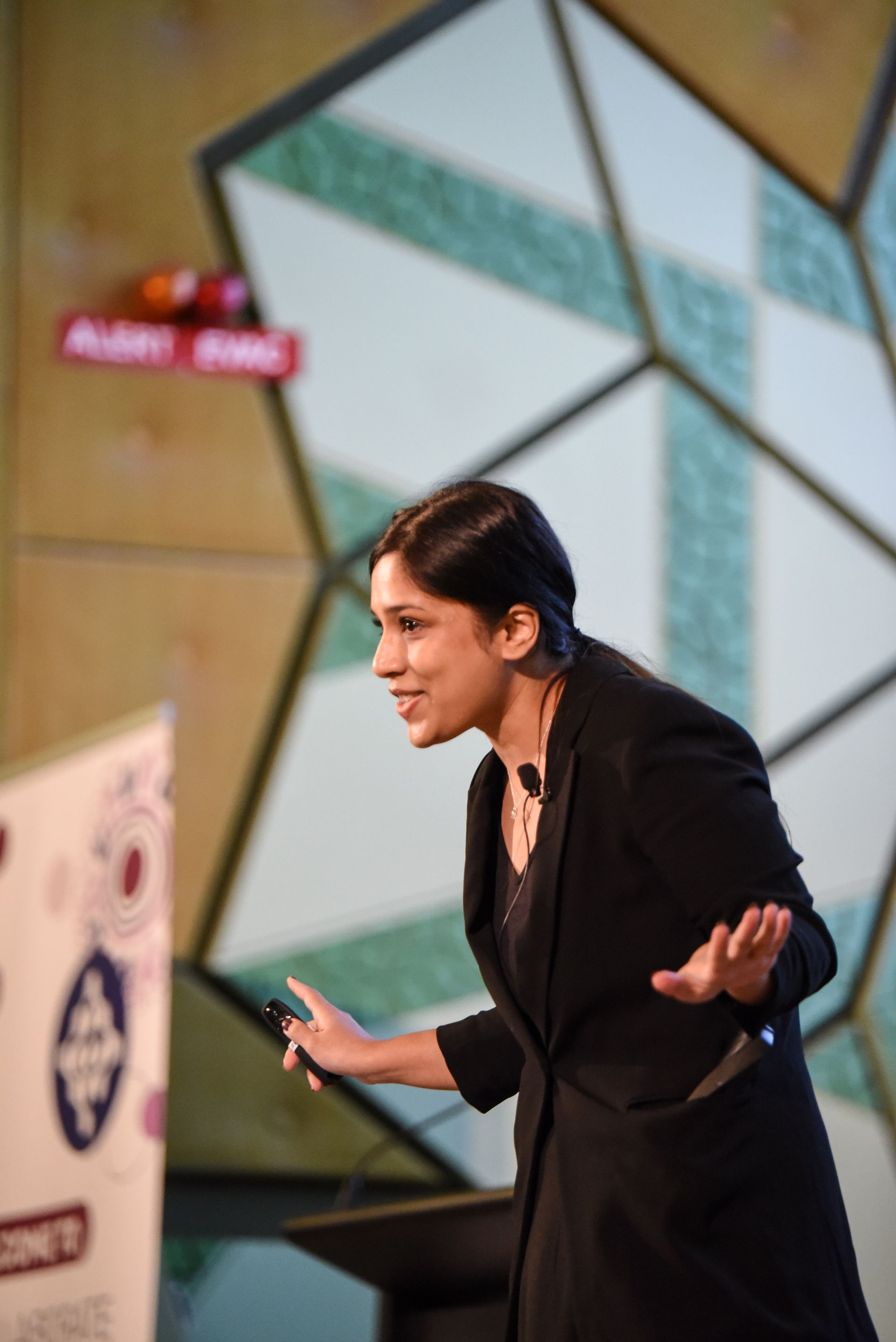This national recognition highlights not only Chundu’s innovative work in composite material recycling but also reflects the strength of ACM CRC’s education and training program in supporting emerging talent across the composites research landscape. In 2024, Chundu was also awarded a RISE Fellowship during the ACM CRC Partner Meeting, which acknowledged her outstanding research potential and commitment to advancing sustainable solutions through composites innovation.
Held on Tuesday 20 May 2025 during the Collaborate Innovate Gala Dinner, the CRA competition recognised five emerging research leaders from across Australia. Among a strong field of high-calibre finalists, Chundu stood out for her project that aims to deliver a world-first recycling method for composite sucker rod guides used in the oil and gas industry — a sector responsible for generating millions of tonnes of polymeric waste annually.
These composite components — numbering more than two billion across the industry — are currently non-recyclable and end up in landfill. Chundu’s research addresses this gap, with a focus on characterising the physical, chemical and microstructural properties of used guides, identifying degradation patterns and contamination challenges and designing decontamination processes to enable effective recycling.
The ultimate goal: reintroducing the material into the circular economy through rigorous testing and industry validation.
Her work doesn’t just target landfill reduction. It contributes to shifting sustainability norms in heavy industries, providing a blueprint for future recycling strategies and resource conservation. As Chundu puts it, the aim is to change how we view industrial waste — not as a crisis, but as an opportunity for innovation.
“Chundu saw opportunity for Australia to become the first country to develop recycling solutions for these materials and grasped it in her PhD project – a project that is set to have a significant contribution to the oil and gas industry by reducing landfill dependency, conserving resources and supporting the shift toward a circular economy,” said Jane O’Dwyer, CEO of Cooperative Research Australia.
Chundu’s achievement is a testament to the role of the ACM CRC Education and Training Program, which provides PhD candidates with hands-on industry collaboration, access to cutting-edge research infrastructure and opportunities to lead applied, high-impact projects. It reflects the CRC’s commitment to building a skilled, research-capable workforce that can lead Australia's transition to more sustainable, composite-driven technologies.
ACM CRC congratulates Chundu and all CRA Early Career Researchers Competition finalists for their exceptional work and continued contribution to Australia’s research future.
Visit the CRA website for more details.
(Image courtesy of JRP Group)





